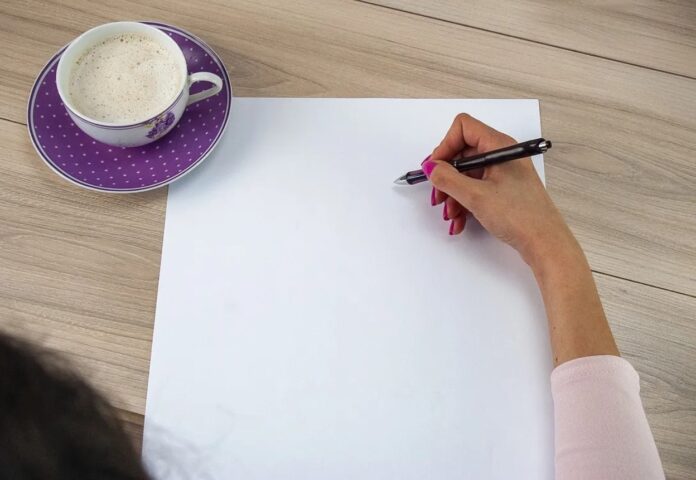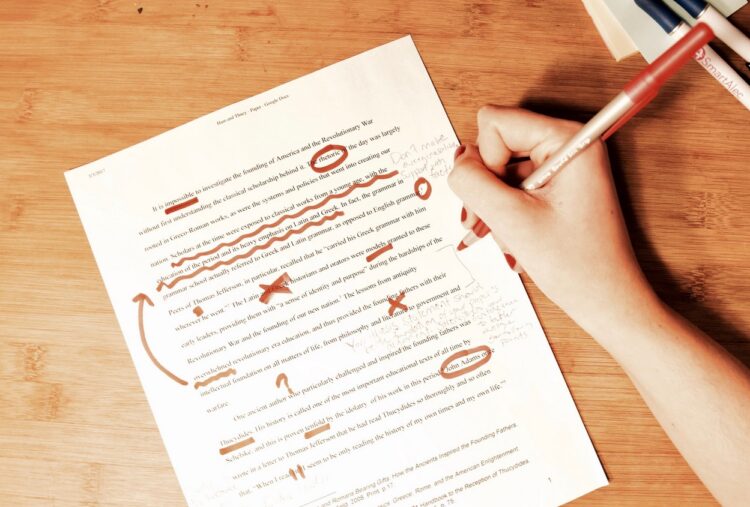
It is not compulsory to use quotes to describe everything; however, when a speaker uses quotes, it will make the essay sound interesting. It would be great if one knows the appropriate use of the quotations in their speeches. As an essay writer, you must know when and where to use the quotes. Your teachers or professors will be smart enough to judge the quality of the essay. You don’t have to cover the words count merely. It would be best if you add relevant information with a few quotations from edu-quotes.com to make it look catchy.
There are a plethora of tips to use these in the right way. We will take you through the most common tips that will benefit you while writing an essay. However, before that, let us see some of the benefits of using quotes in your written work:
- The primary advantage of using quotations in your writing is to reinforce your ideas.
- Whenever you use quotes, you do not require to rewrite one thing again and again. It will justify the whole concept and let the reader know what you are talking about in the essay.
- The right place and right method enable the readers to see your credibility.
When you use logical arguments, the quotes will help you justify them along with metaphors, stories, statistics, facts, and so on.
There are numerous benefits that you will see when you use quotes in your written work.

Now, you will read the best tips that will guide you to use the quotations appropriately:
- Inaccurate and inappropriate use of a quotation will lower credibility, so make sure you do the research and use a quote to boost credibility.
- Whenever you write on any controversial topic, you need to use a quote that will not contradict your ideas. You will not want the audience to get a misleading image of what you are trying to say.
- You will come across many quotes from some of the most famous writers. However, it will be beneficial for you to use quotations of people your audience knows. If you give the wrong quotes in your essay, you might tend the reader to lose interest in reading further.
- When your audience is familiar with the speaker, you need not introduce him to your essay. The quote will do the work for you. Else, you will have to give an additional justification.
Source: The Writing Cooperative - To get a correct response from your audience, you can quote yourself. For example, I’ve gone through that route many times, so I know it well.
- Even though the audience might identify the source, you need to indicate it precisely to make it look better. When you rely upon any authority, it will be an advantage for you.
- The readers expect to know the source of the quote. Therefore, it will be a smart move from your side.
- When you need to demonstrate the passage’s significance, it will be advisable for you to use a short quote.
- The next tip is to use the right punctuation. For example, if you introduce the quotation with an incomplete sentence, you can preferably use a comma or a colon.
- Recognize the degree of verbs and phrases that you can use to introduce your quotation. The most commonly used verbs include writes, observes, reveals, explains, says, etc.
- When you are trying to make an argument, and you need to introduce a long quote, it will be right to do it with a complete sentence.
- When you chose to open your speech with a quote, it will grab the reader’s attention.
- However, make sure you analyze your idea and then select the appropriate one.
- Opening a statement does attract the reader’s attention, but you must avoid ending the speech with a quote. It is always better to finish the sentence or speech with your own words. It indicates that you are confident enough to express what you are trying to say.
Source: BlogLet.Com - Your quote must give a clear indication of the speech. For example, you can use the traditional technique like Benjamin Franklin once said, ‘An investment in knowledge pays the best interest.’
- Proofreading is essential to check the accuracy of the quotation. Use this trick, especially when your quote is longer.
- You can always add visual quotes to your essay. For instance, use the photograph of the speaker and then mention the quote below it. When you use this trick, you will not read the quote to the audience. Instead, the audience will read it for themselves.
- When your core point is to grab the reader’s attention, it is beneficial to add a pause before and after the quotation in your essay.
- Every quote that you use in the article needs some extra vocal emphasis. Therefore, give that effect, you need to change your voice throughout the presentation.
- It will always be beneficial for you to use some unique quotes. There are common ones that you might come across in daily life. For the best interest, avoid using such quotations.
- Although there is no set rule to use quotes in your written work, you should not overdo things. It reduces the effectiveness of your idea and speech. Use the ones that will define everything well in one sentence.

Quotes play a vital role in an essay. Some famous speakers come up with various thoughts every time. However, they express their views to justify everything in one sentence. No matter how much material you add in the essay, it should be practical and instantly grab your audience’s attention. You can have the right mindset and still make some mistakes.
Therefore, the tips mentioned above will help you determine what is right for you. These are some of the most effective tricks that will enhance your essay and writing skills. Everyone can write on any specific topic, but only a wise writer knows the best thing to attract the reader. Follow these straight forward strategies, and you will surely improve your grades and efficiency.













